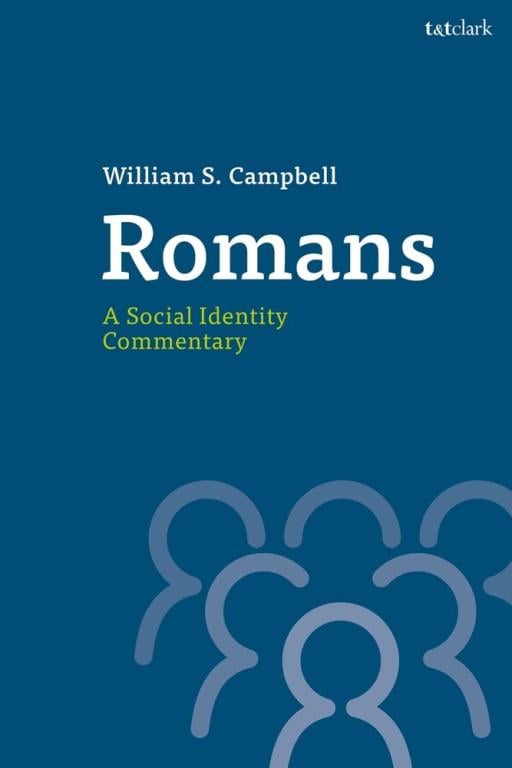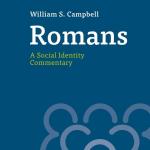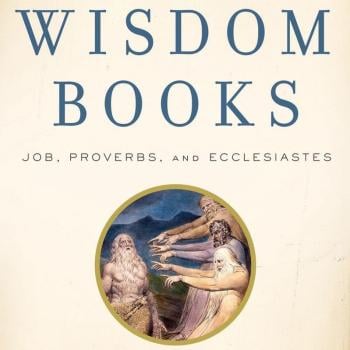Campbell’s discussion of hilasterion in Rom. 3.,25, usually translated sacrifice of atonement (and literally referring to the spot where the blood of the sacrifice was to be applied to make atonement) is interesting but inadequate because this word does not stand alone in its use to describe what happened by means of Christ death. For example, in 2 Cor. 5 Paul said God made Christ to be sin, who knew no sin, so that we might become the righteousness of God. Clearly this is not just about imputation in the latter half of the sentence, but about actually becoming righteous. Then there is the problem with God’s own character. Paul is clear in saying God could not passover sin forever. Atonement had to be made. And yet your suggestion that the death of Christ comes after forgiveness doesn’t work, seeing that death merely as some sort of conciliatory or reconciling act. It is surely by the death of Jesus that forgiveness becomes possible. Then, finally there is the issue of hilaster elsewhere in the NT and related language. For example 1 John 1.7 says clearly the blood of Jesus cleanses us from all sin. More importantly. 1 John 2.1-2 uses the word hilasmos, from the same semantic field as hilaster etc. to refer to atonement where it is properly translated propitiation for our sins, and indeed for the sins of the world.
Campbell is right that the phrase ‘what then shall we say?’ is an important subdivision marker in the mss.— see 4.1; 6.1; 7.7; 8.32; 9.14; 9.30. But is it always followed by a negative statement? Probably not. Abraham after all was the forefather of pagans according to the flesh. His parents were pagans, and he was certainly not a Semite. But because he became the forefather of God’s people he is forefather of both Jews and Gentiles, which is one reason Paul connects the Abrahamic covenant to the new covenant, NOT the Mosaic covenant which he sees has been fulfilled in Christ and the latter was in any case temporal and temporary, like the glory on Moses face, compared to the glory in Christ’s face ( 2 Cor. 3). Lightfoot in his 2 Corinthians commentary pointed out long ago that Paul’s use of ‘we’ not only regularly means Paul and the audience, or occasionally Paul and his co-workers, but what it does not mean is someone other than Paul is speaking. And this means it is doubtful that one should read 4.10 as the voice of the interlocutor since no other diatribal features are found here, especially since we would expect the diatribal ‘I’ not ‘we’ here.
Campbell claims that even in Romans which you see as rather exclusively addressing Gentile Christians you say “Paul does not allow any conception of the ethne worshipping God without reference and relation to Israel”. Surely if this letter addresses Gentiles, that is exactly what he is saying in Rom. 12.1ff. He’s not talking about them worshipping in synagogues, he’s talking about Christian meetings, in this case Gentiles in some places, Jews in others it would seem, but in both case there is no evidence they are doing this with non-Christian Israel in the synagogues, especially not after the expulsion of Priscilla and Aquila and others recounted in Acts 18. Tacitus was right that there were arguments over Chrestos, but this was because Priscilla etc. were sharing the Gospel in the synagogues, not regularly worshipping with non-Christians. After the expulsions in the 40s, they probably weren’t even welcome to share in such venues.















